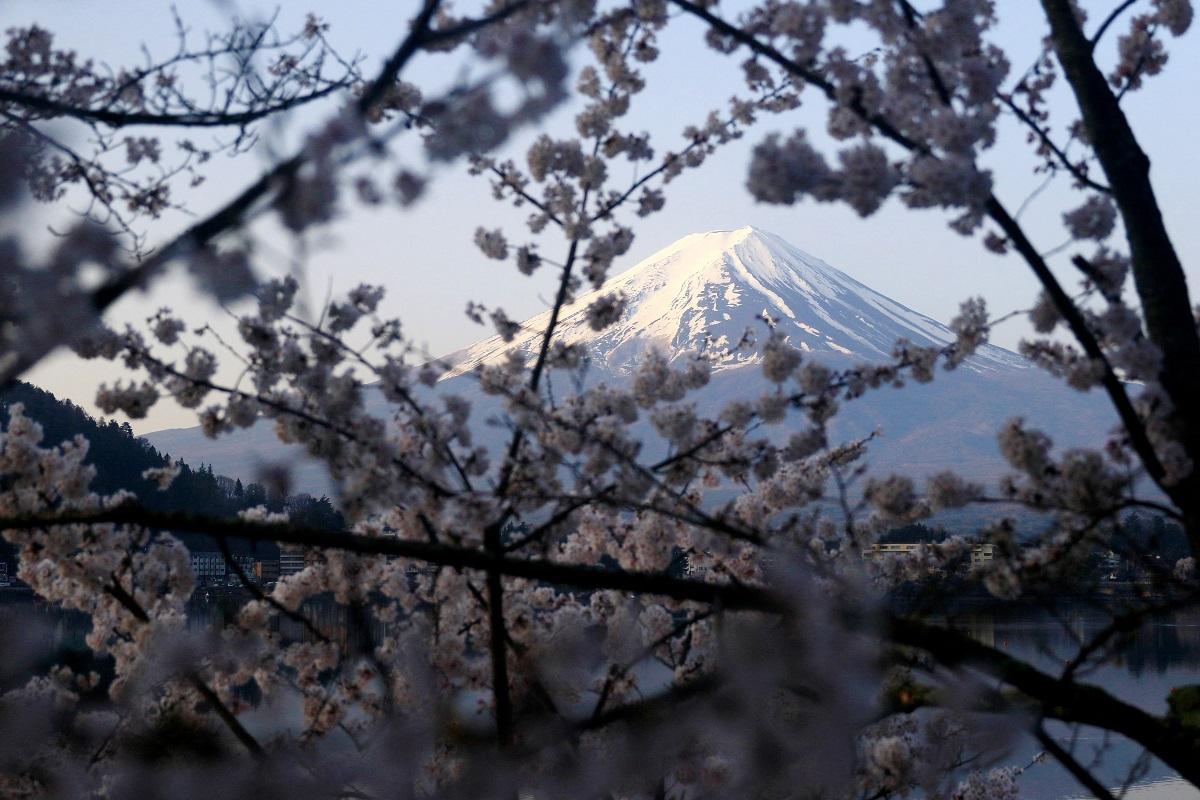TOKYO — An online booking system for Mount Fuji’s most popular trail was announced on Monday by Japanese authorities trying to fight over tourism on the active volcano.
Japan’s highest mountain has become increasingly crowded during the summer hiking season, raising concerns over safety and environmental damage.
To ease congestion on the Yoshida Trail, the preferred route for most hikers, the Yamanashi region is planning to cap daily entries to 4,000 people, who will be charged $13 each.
But to address some climbers’ fears that they will be rejected once the daily limit is reached, this year online bookings will also be introduced for the first time.
The system will guarantee people entry through a new gate, “allowing them to plan ahead,” Katsuhiro Iwama, an official from the Yamanashi regional government, told AFP.
Online bookings open on May 20 for the July-September hiking season. Each day at least 1,000 places will be kept free for on-the-spot entry.
Mount Fuji is covered in snow most of the year, but in the summer more than 220,000 visitors trudge up its steep, rocky slopes, many climbing through the night to see the sunrise.
Some attempt to reach the 3,776-meter (12,388-foot) summit without breaks and become sick or injured as a result.
Tourists are also flocking to surrounding areas to snap the majestic mountain, which is seen as a symbol of Japan but whose popularity is proving a burden to locals.
In one photo spot where Mount Fuji emerges behind a Lawson convenience store, exasperated officials are constructing a huge black mesh barrier to block the view.
People who work and live nearby had complained about mostly foreign tourists trespassing, littering and dangerously crossing the street to get the perfect Instagram post.
Record numbers of overseas tourists are traveling to Japan, where in March monthly visitors exceeded three million for the first time.
Residents of Kyoto’s geisha district have also banned tourists from private alleys after complaints that some were rudely demanding selfies with the kimono-clad entertainers. — Agence France-Presse


















